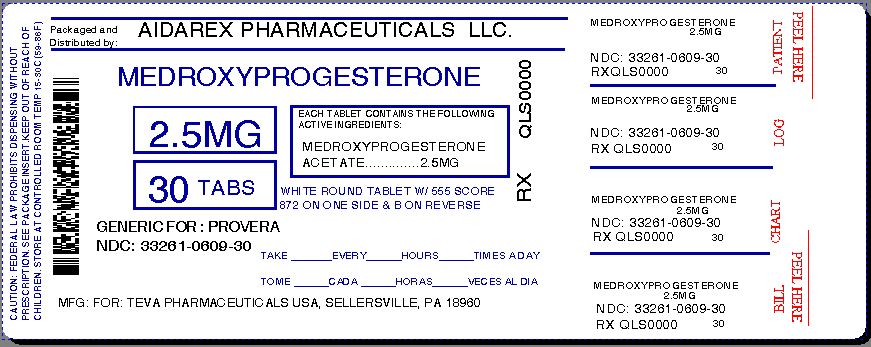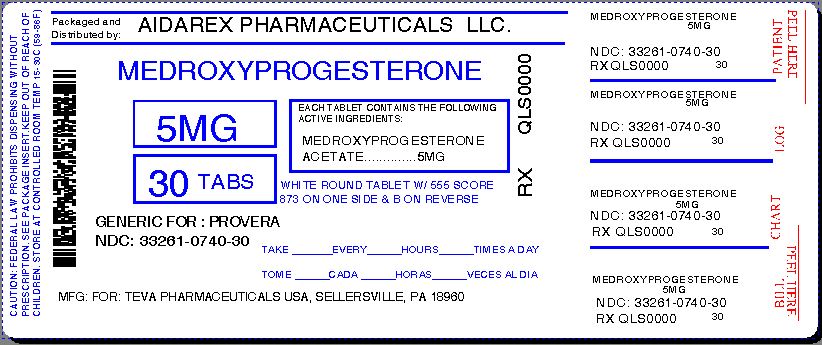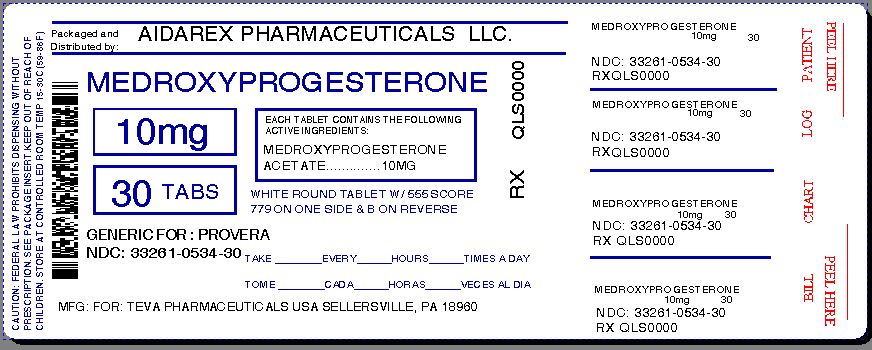
Medroxyprogesterone Acetate Tablet while Breastfeeding
What is Medroxyprogesterone Acetate Tablet used for?
Medroxyprogesterone Acetate Tablet while breastfeeding safe or not? Can there be any side effects for infant while using it during breastfeeding?

F. Nursing Mothers Medroxyprogesterone acetate should not be used during lactation. Detectable amounts of progestin have been identified in the milk of nursing mothers receiving progestins.
Medroxyprogesterone Acetate Tablet Breastfeeding Analsys
Medroxyprogesterone acetate while Breastfeeding
SafeCAS Number: 71-58-9

Synthetic progestin similar to progesterone that is used in uterine bleeding, dysmenorrhea, infertility and contraception.For contraception is used as a single drug or in combination with estrogen (e.g. Estradiol + Medroxyprogesterone).For oral use or long-acting injectable administration (Intramuscular or subcutaneous). It is excreted into breast milk in clinically non-significant amount, and, no problems have been observed in infants whose mothers who were treated with this medication. Plasma levels of these infants were undetectable or very low.There may be increased prolactin and milk production in women who receive medroxyprogesterone. Although it has not been shown effects on production and duration of breastfeeding when administered at any time postpartum, it is still controversial on if it really decreases milk production when progestins are used before a fully establishment of breastfeeding has occurred. Therefore, experts’ protocols by WHO and ABM advise to avoiding it until breastfeeding is fully developed (4-6 weeks). During lactation progestin-only drugs are preferred or in combination with estrogen for birth control, but whatever, the ones with the lower doses of estrogen should be used.For the first 6 weeks postpartum, non-hormonal methods are of choise. Hormone containing contraceptives do not affect the composition of milk, minerals (Mg, Fe, Cu, Ca, P) fat, lactose and calories but only a few the proteins. WHO List of Essential Medicines 2002: rates it as compatible with breastfeeding after the 6th postnatal week.
Medroxyprogesterone Acetate Tablet Breastfeeding Analsys - 2
Medroxyprogesterone acetate while Breastfeeding
CAS Number: 71-58-9

Although nonhormonal methods are preferred during breastfeeding, progestin-only contraceptives such as depot medroxyprogesterone acetate (DMPA) are considered the hormonal contraceptives of choice during all stages of lactation. Fair quality evidence indicates that DMPA does not adversely affect the composition of milk, the growth and development of the infant, or the milk supply.[1][2][3][4] Some evidence indicates that progestin-only contraceptives may offer protection against bone mineral density loss during lactation, or at least do not exacerbate it.[5][6][7] The timing of initiation of DMPA is controversial.[8] The product labeling states that it should be started no sooner than 6 weeks postpartum, based on data submitted for product approval. Studies of fair quality seem to indicate that concerns about immediate adverse effects on the infants is unfounded; however, starting too soon theoretically could affect the newborn infant adversely because of slower metabolism of the drug than older infants. Of concern is that no data exist on the effects of progesterone on brain and liver development at this age. Administration sooner than 6 weeks postpartum could interfere with the exclusivity or duration of lactation. A systematic review of studies using early postpartum initiation of DMPA concluded that all of the studies were of low quality and inadequate to disprove the concern about DMPA's effects on milk production if given sooner than 6 weeks after delivery.[9] A subsequent study raised the possibility of a slight reduction in breastfeeding duration in women given DMPA before hospital discharge,[10] and another study found that breastfeeding was less like to be initiated if mothers received immediate postpartum DMPA.[11] Expert opinion in the United States holds that the risks of progestin-only contraceptive products usually are acceptable for nursing mothers at any time postpartum.[12]The World Health Organization recommends that injectable depot medroxyprogesterone acetate should not used before 6 weeks postpartum.[13]
What should I do if I am breastfeeding mother and I am already exposed to Medroxyprogesterone Acetate Tablet?
Medroxyprogesterone Acetate Tablet is safe in breastfeeding and should not create any health problem for your baby but in case you feel any health issue associated with Medroxyprogesterone Acetate Tablet you should contact your doctor or health care provider. Be it pregnancy or lactation you shall keep your doctor informed.
I am nursing mother and my doctor has suggested me to use Medroxyprogesterone Acetate Tablet, is it safe?
Definitely, Medroxyprogesterone Acetate Tablet is safe in lactation for baby. No wonder your doctor has recommended it.
If I am using Medroxyprogesterone Acetate Tablet, will my baby need extra monitoring?
No extra baby monitoring required while mother is using Medroxyprogesterone Acetate Tablet
Who can I talk to if I have questions about usage of Medroxyprogesterone Acetate Tablet in breastfeeding?
US
National Womens Health and Breastfeeding Helpline: 800-994-9662 (TDD 888-220-5446) 9 a.m. and 6 p.m. ET, Monday through Friday
UK
National Breastfeeding Helpline: 0300-100-0212 9.30am to 9.30pm, daily
Association of Breastfeeding Mothers: 0300-330-5453
La Leche League: 0345-120-2918
The Breastfeeding Network supporter line in Bengali and Sylheti: 0300-456-2421
National Childbirth Trust (NCT): 0300-330-0700
Australia
National Breastfeeding Helpline: 1800-686-268 24 hours a day, 7 days a week
Canada
Telehealth Ontario for breastfeeding: 1-866-797-0000 24 hours a day, 7 days a week
